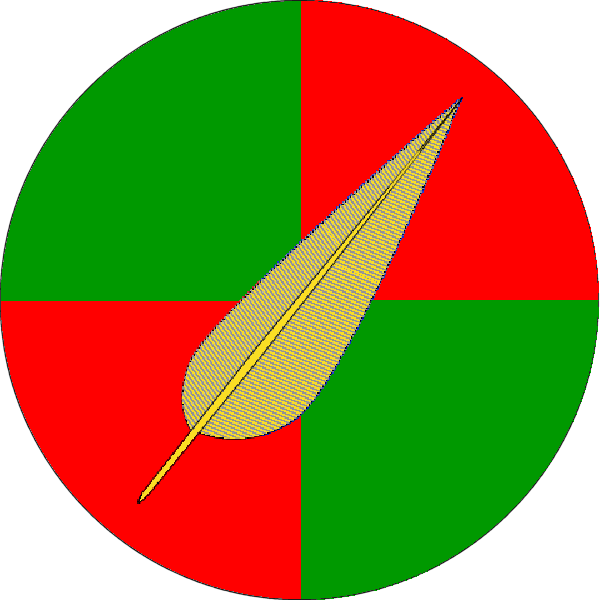Law:The Organic Law Citizenship Law Decoupling (Amendment) Act: Difference between revisions
D'unmortadel (talk | contribs) No edit summary |
m (Robot: Adding {{ScribeAuth}}) |
||
| Line 26: | Line 26: | ||
Art. XVII, Sec. 7. Pending any change in the existing laws of citizenship, the procedure for citizenship established in the 1997 Organic Law, as amended to date (December 1998) shall remain in force. | Art. XVII, Sec. 7. Pending any change in the existing laws of citizenship, the procedure for citizenship established in the 1997 Organic Law, as amended to date (December 1998) shall remain in force. | ||
{{ScribeAuth}} | |||
Revision as of 22:27, 8 May 2013
25RZ6
The Organic Law Citizenship Law Decoupling(Amendment) Act
Uréu q'estadra så: Christopher C. Gruber - (PC-Maritiimi-Maxhestic) Robert Ben Madison - (PC-Vuode), Michael Pope - (PC-Maritiimi-Maxhestic), JJ - (PC-Maritiimi-Maxhestic),
WHEREAS the Organic Law contains detailed provisions for citizenship and naturalization, unlike most countries where such questions are handled by statute; and
WHEREAS this prevents Talossa from "tinkering" with its citizenship laws, experimenting to find the optimum balance of friendliness to newcomers vs. defence of the nation;
THEREFORE the Ziu hereby approves the following Amendment to the Organic Law and sends this question to the people for their verdict in a referendum:
Article XVII, Sections 2-8 are hereby repealed. In their place, the following is added to the Organic Law:
Art. XVII, Sec. 2. Any foreigner or Cestoûr who feels in his heart that he is Talossan may acquire Talossan citizenship. The exact procedures by which Talossa admits persons to citizenship shall be determined in a special Citizenship Law.
Art. XVII:Sec. 3. Residents of Talossan territory who are not Talossan citizens are considered "Cestoûrs" (indigenous persons) and are not entitled to participate in the political process of Talossa.
Art. XVII, Sec. 4. The Citizenship Law shall be passed by a majority of both houses of the Ziu with the consent of the King and of the Uppermost Cort. Either house of the Ziu, or the King, or the Uppermost Cort may block any change in the Citizenship Law.
Art. XVII, Sec. 5. The Citizenship Law shall make provision for the Uppermost Cort to review and approve or reject prospective Citizens before any other procedure, if any, passes final judgement upon them.
Art. XVII, Sec. 6. The Citizenship Law shall make such other requirements for citizenship as the Talossan nation, through its elected representatives, deems necessary for the increase of the Talossan population and the defence of the national identity.
Art. XVII, Sec. 7. Pending any change in the existing laws of citizenship, the procedure for citizenship established in the 1997 Organic Law, as amended to date (December 1998) shall remain in force.
